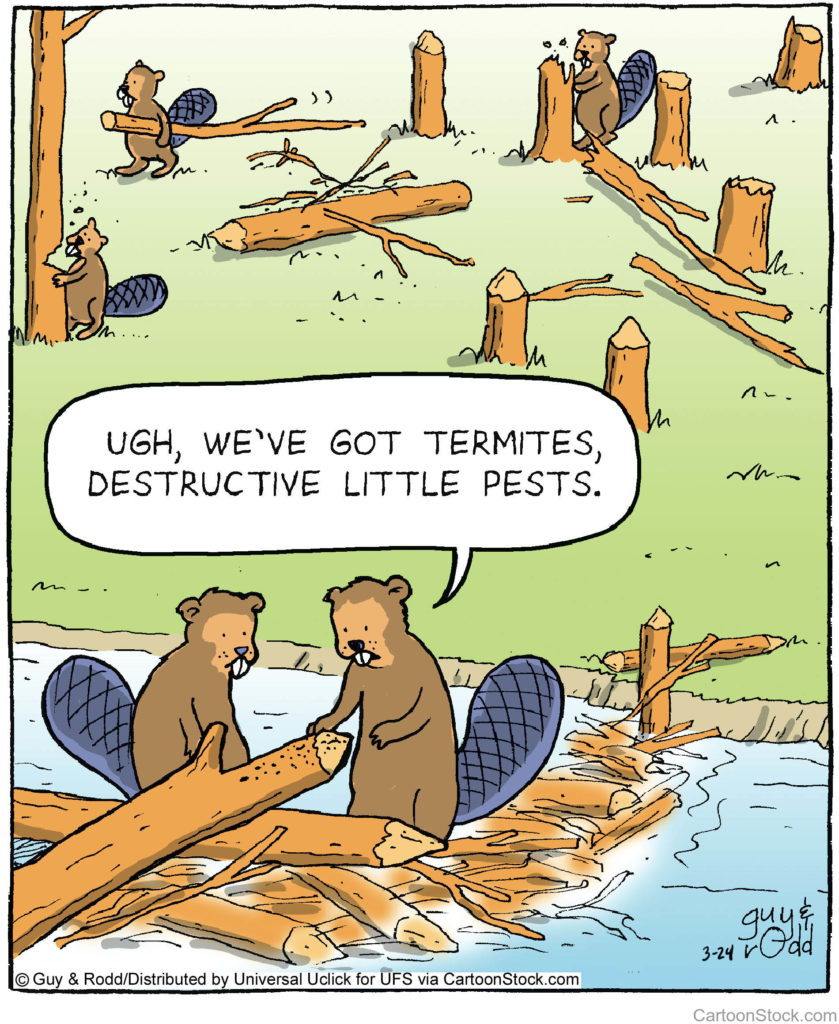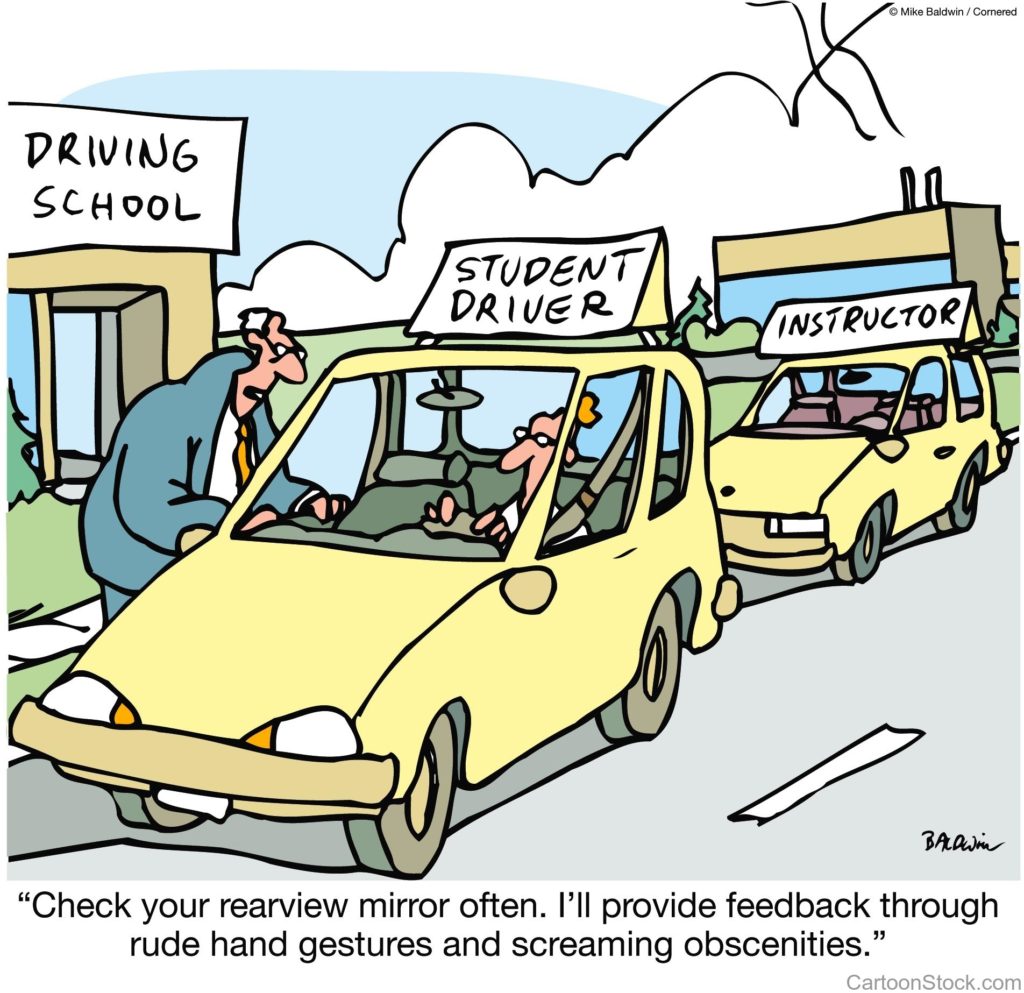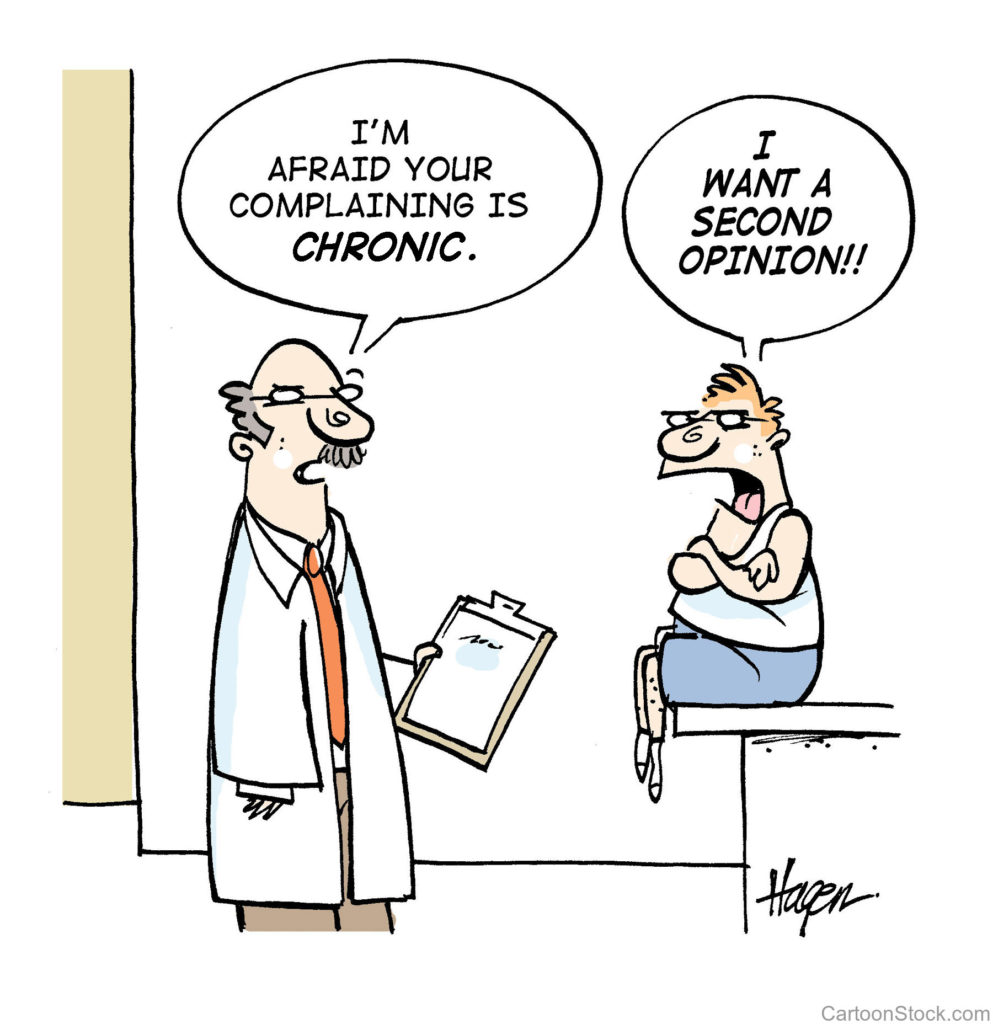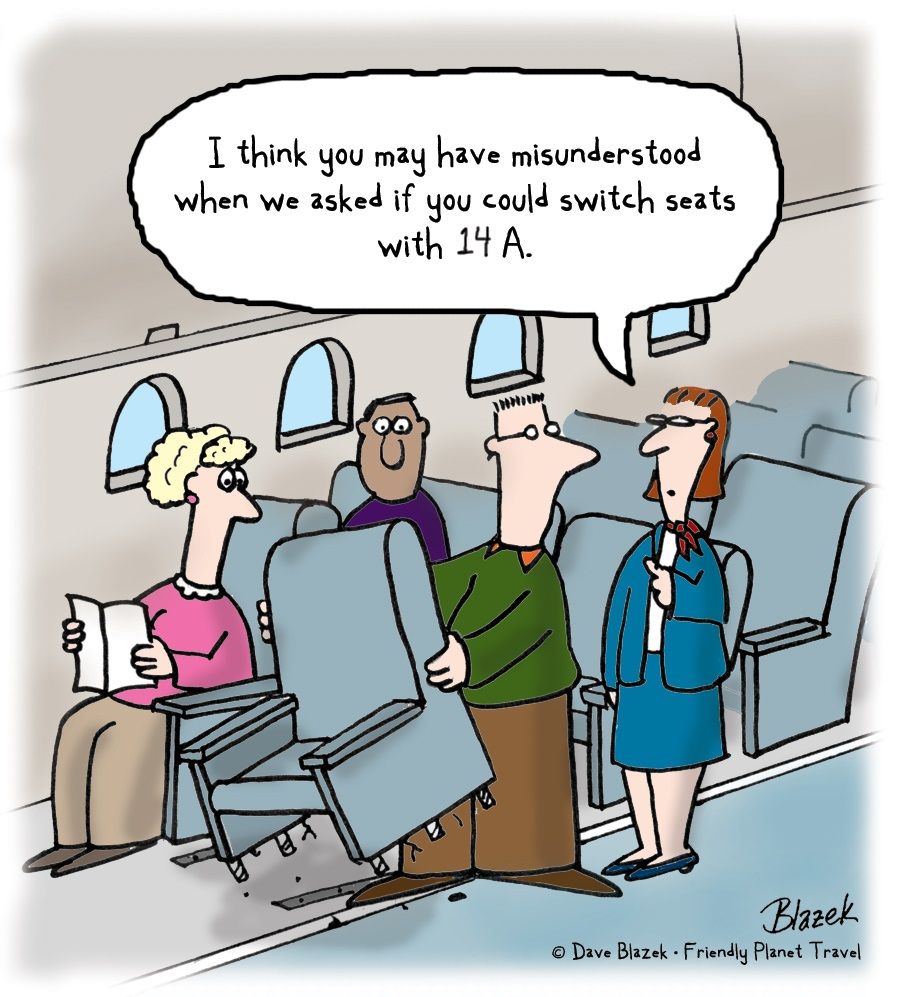 Two years ago I planted a vineyard in East Texas, about an hour’s drive from my house. Cultivating a vineyard is hard work (basic agriculture), but it’s cathartic. Next year I’ll harvest Blanc du Bois, Tempranillo, and Black Spanish grapes.
Two years ago I planted a vineyard in East Texas, about an hour’s drive from my house. Cultivating a vineyard is hard work (basic agriculture), but it’s cathartic. Next year I’ll harvest Blanc du Bois, Tempranillo, and Black Spanish grapes.
Grapevines are vulnerable to many things—insects, disease, mold, mildew, aphids, small animals, and birds—but I had not considered the havoc a beaver can wreak on a vineyard. Birds and small animals eat the grapes but ignore the plant. But in less than a minute, a beaver can chew through the trunk of the vine (about six inches from the ground) and everything above the chew-point dies. The plant lives (because the roots remain intact) but it’s back to ground zero relative to growth and grape production.
One weekend I went to the vineyard and noticed that one vine had been compromised by the local beaver. The first solution I considered involved lead, but then I’d be arrested by the Texas Parks and Wildlife Department.
I came back two weeks later and Mr. Beaver had chewed through four more vines. Now he’s compromised five vines, about ten percent of the vineyard. That weekend I installed plastic grow-tubes on all the vines, which took care of the problem.
But what I’ve been thinking about is this: after I noticed the first beaver-eaten vine, why didn’t I realize he would inevitably eat more and why didn’t I take preventive measures that very day? Why did I wait two weeks before I took action? What character flaw in me caused the problem, how did it develop, what other areas of my life has it affected, and how can I change so that it doesn’t plague me the rest of my life?
So, this minor life-event has become a learning opportunity.
It didn’t take me much thought to notice how this weakness has played out in other areas of my life. Several years ago my car was running rough but instead of taking it immediately to a mechanic, I put it off several months and, of course, the problem got worse. My house needs to be painted but I’ve put it off for so long that now some of the wood trim is rotting.
The first thing I considered was, procrastination. But I don’t think that’s the prime issue because I’m basically a get-it-done person and pride myself on doing things sooner rather than later. I don’t think procrastination is the core problem.
I’ve thought about this for about two months, prior to writing this post. So far, here is my analysis.
The issue of not dealing with the car running rough and my house needing to be painted, I traced to a downside to being frugal. As I’ve mentioned in other posts, I grew up in a very poor family and frugality was a necessary survival technique. Through the years it has served me well—I’m a good money-manager—but it also has its downsides—postponing needed repairs because I’m reluctant to spend the money. [Note to self: change that inclination.]
But that diagnosis doesn’t explain my slowness in protecting the vines from beavers. I already had the grow-tubes so money wasn’t an issue and it only took two hours to install them, so time wasn’t a factor.
I’m still searching for the core reason I allowed Mr. Beaver to get the best of me.
The purpose of this post is not to bore you with the details of my vineyard or the idiosyncrasies of my struggles. What I want to illuminate is this: becoming self-aware is a life-long quest. I’m 67 years old and I’m just now gaining clarity on this nuance of my life; I wish I had seen it sooner.
Know this: there are behaviors and patterns in your life that you are unaware of. Some of your idiosyncrasies are positive, others affect you negatively. The key is to identify them and give them their proper place.
When you do something odd or unproductive in life or when someone else comments on an unattractive behavior in your life, take time to analyze the situation and try to resolve it.
Constantly pursue self-awareness.
[reminder]What are your thoughts about this essay?[/reminder]
 This is a commonly shared frustration. It’s been with us since the invention of the auto, but it’s gotten worse because of mobile access to social media.
This is a commonly shared frustration. It’s been with us since the invention of the auto, but it’s gotten worse because of mobile access to social media. 
 Two years ago I planted a vineyard in East Texas, about an hour’s drive from my house. Cultivating a vineyard is hard work (basic agriculture), but it’s cathartic. Next year I’ll harvest Blanc du Bois, Tempranillo, and Black Spanish grapes.
Two years ago I planted a vineyard in East Texas, about an hour’s drive from my house. Cultivating a vineyard is hard work (basic agriculture), but it’s cathartic. Next year I’ll harvest Blanc du Bois, Tempranillo, and Black Spanish grapes. We all have mental tapes that play over and over in our minds. If they are positive narratives, there’s no major downside other than they’re unnecessarily using up our brain-energy. (Here’s a post I wrote titled
We all have mental tapes that play over and over in our minds. If they are positive narratives, there’s no major downside other than they’re unnecessarily using up our brain-energy. (Here’s a post I wrote titled  On a recent flight from Seattle to Dallas, the four-hour flight morphed into nine hours sitting on the plane. Thunderstorms in Dallas caused the problem. We circled the airport for hours, flew to Austin to refuel, and finally landed in DFW.
On a recent flight from Seattle to Dallas, the four-hour flight morphed into nine hours sitting on the plane. Thunderstorms in Dallas caused the problem. We circled the airport for hours, flew to Austin to refuel, and finally landed in DFW.